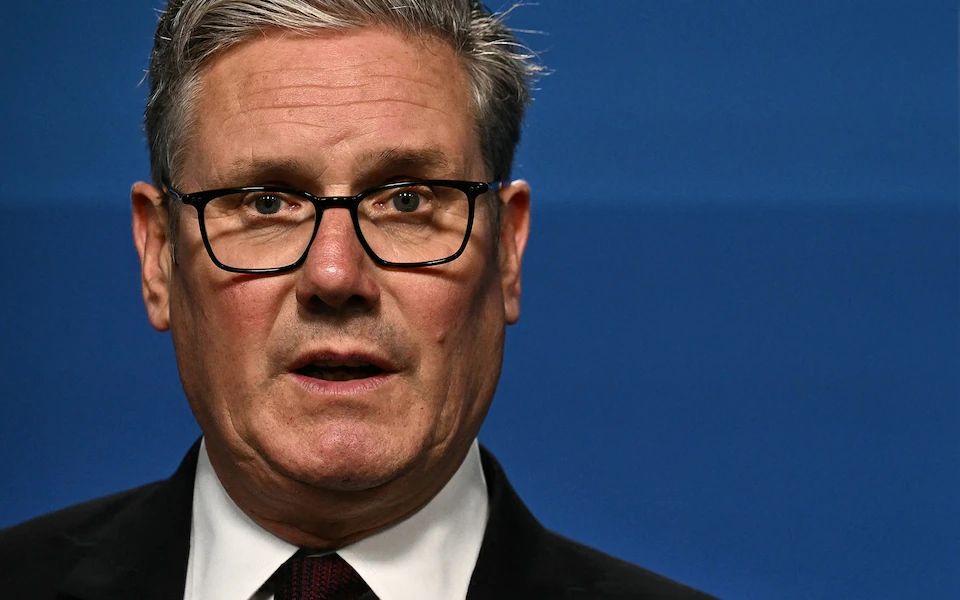Cabinet ministers have insisted that the government’s welfare reform plans will improve mental health outcomes, arguing that supporting people into work is key to tackling rising rates of anxiety and depression.
Health Secretary, Wes Streeting and Work and Pensions Secretary Liz Kendall made the case for the reforms, stating: “Good work is good for mental health.” Their intervention comes as Prime Minister Sir Keir Starmer faces backlash within Labour ranks over the proposed tightening of eligibility for Personal Independence Payments (PIP).
The Prime Minister made a major concession on Thursday night to avoid a potential Commons defeat, agreeing that current PIP recipients would not be affected by the changes as a move expected to erase a third of the £5 billion in savings originally forecast from the overhaul.
Welfare spending has surged in recent years, with projections showing it could reach £378 billion by 2029–30, up from £210 billion in 2013–14. Labour ministers argue the reforms are essential to help manage costs and ensure the system supports those who can work to do so.
Streeting and Kendall defended the changes while unveiling new mental health access measures, including a pledge to allow self-referral for therapy through the NHS app. The announcement comes as new data shows that nearly a quarter of adults in England suffer from common mental health conditions such as anxiety and depression, with rates more than twice as high among people out of work.
“There’s a clear link between mental health and work and it flows both ways,” the ministers wrote. “If we want to get more people into work, we must take mental health seriously. This isn’t just about wellbeing but it’s about building a more productive, inclusive society.”
Labour’s internal tensions have flared over the proposals, with 127 MPs more than a quarter of the Parliamentary Labour Party signing a reasoned amendment to block the reforms. Just 83 rebel votes would be enough to defeat the Government on the issue in Tuesday’s vote. However, after the PIP concession, senior rebels are now expected to back the revised package, making a defeat less likely.
Had the bill been voted down, it would have wiped out the Chancellor’s remaining £9.9 billion fiscal headroom outlined in the Spring Statement, with the Office for Budget Responsibility estimating the total savings from the reforms at £13.7 billion by the end of the decade.
The legislation will now proceed with changes, including raising the threshold for new PIP claimants and halving the health-related top-up in Universal Credit from 2026. The reforms also include phasing out the work capability assessment. Together, these changes are estimated to save around £3.5 billion annually.
Next week, the government will publish its 10-year health plan, which is expected to focus heavily on digital access to mental health care. This includes self-referral through the NHS app and the use of AI-powered virtual tools to provide early support.
The Adult Psychiatric Morbidity Survey, published Thursday, underlined the connection between unemployment and mental health struggles. Among unemployed adults, 40 per cent have a mental health condition — more than double the 18.3 per cent reported among those in work. Rates of depression, suicidal thoughts, and self-harm are also significantly higher among the unemployed.
For example, 13.8 per cent of unemployed adults suffer from depression, compared to 2.6 per cent of employed people. Nearly half (42.3 per cent) of unemployed respondents reported experiencing suicidal thoughts, and 23.2 per cent said they had self-harmed starkly higher than the 26.3 per cent and 12.8 per cent rates recorded among those in work.
Ministers argue that the reforms are not about punishing claimants, but about giving people with health conditions meaningful pathways back into employment with mental health support playing a central role.
“We are determined to push forward with this change,” said Streeting and Kendall. “It’s about more than cutting costs, it’s about giving people purpose, support, and the dignity of work.”



